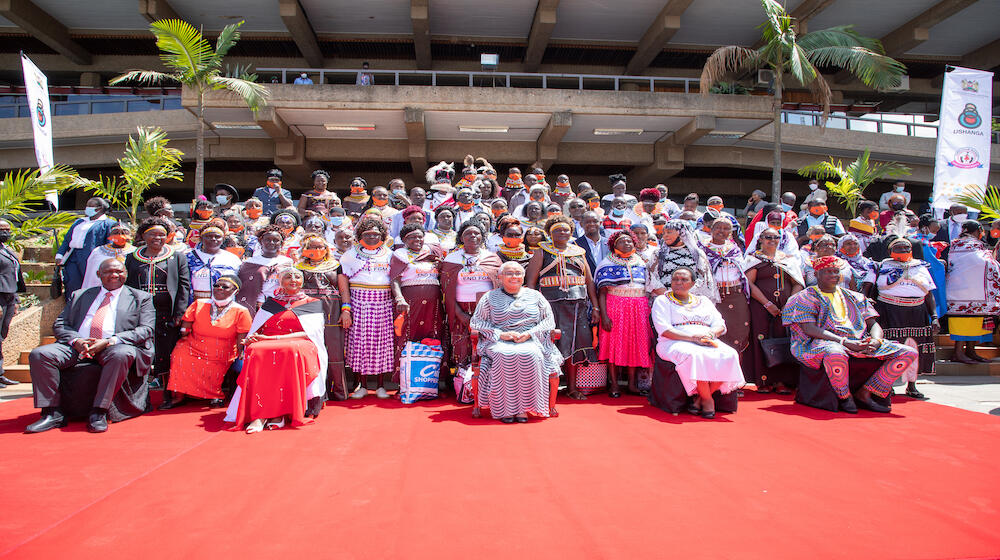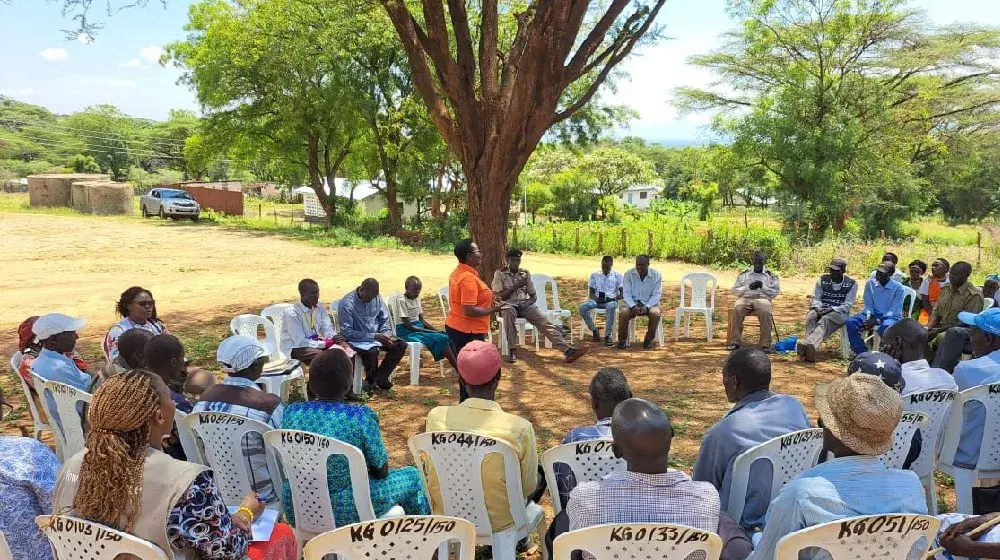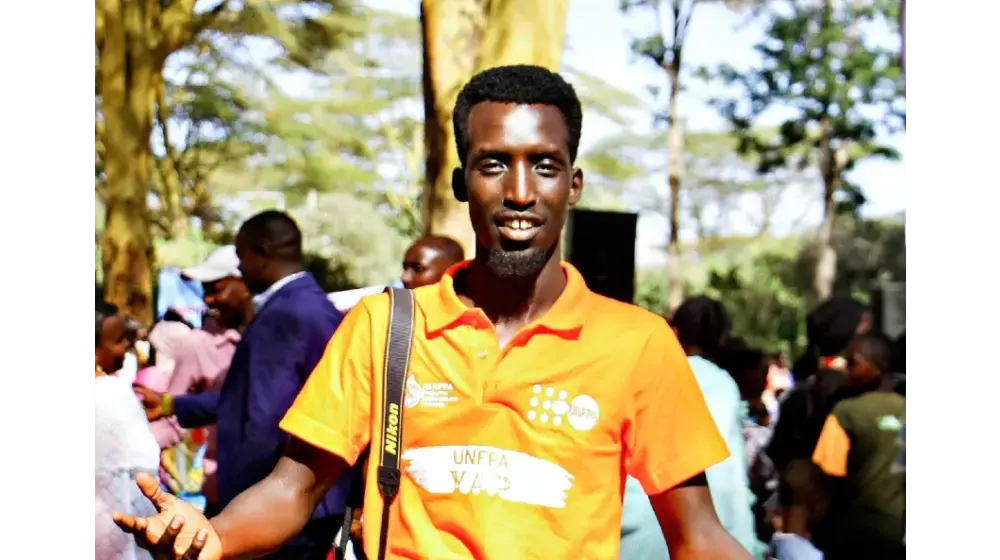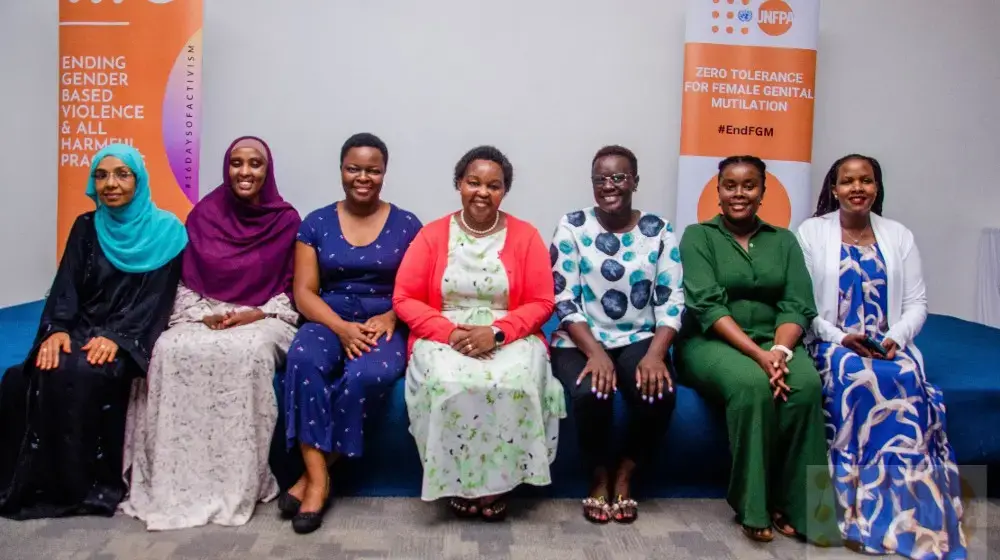Her Excellency First Lady Margaret Kenyatta officially launched the Johari Beads Initiative as a socio-economic enterprise at a colourful ceremony, where she unveiled the Johari business model and market scope study that will guide the commercialization of the beaded products produced by women cooperatives. In 2019, UNFPA Kenya partnered with the Ministry of Sports, Culture, and Heritage, Ushanga Kenya, the Anti FGM Board, and EcoBank to launch the Johari Beads Initiative which aims to empower women from pastoralist communities in the fight against FGM by transforming the traditional bead-making activity into a viable commercial business.
“The Johari Beads Initiative has the potential to significantly empower women from pastoral and other communities that practice beadwork,” said First Lady Margaret Kenyatta. “As such, I see it as a major step towards the noble agenda of the Government to eliminate FGM.”
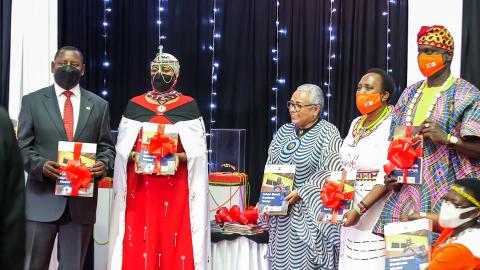
Market Scope Study documents at the KICC, Nairobi.
On 27 June 2019, the Government of Kenya formally endorsed the partnership between UNFPA, the Anti-FGM Board, Ecobank and Ushanga Kenya, a national project aimed at transforming the living standards of rural women by creating jobs making traditional beadwork. The signing of the partnership was officiated by His Excellency the Deputy President William Ruto.
President Kenyatta officially launched the Johari beads initiative in November 2019 to promote entrepreneurship through beadwork with the aim of building the capacity of women and strengthening their bargaining power. By producing, marketing and branding of the Johari beads on a large scale, the aim is to empower communities to abandon FGM.
A key product of the initiative is the Johari “End FGM” bracelet which carries an anti-FGM message and can be worn by both men and women to signify a commitment by the wearers towards the abandonment of the harmful practice in their communities. Speaking at the launch, anti-FGM male champion Daniel Kipilosh noted that men in the Maasai community are increasingly embracing the bracelet. “We wear it to show that we are ready to stand with women and girls in the fight against FGM and other retrogressive practices that do not serve our culture,” said Kipilosh.
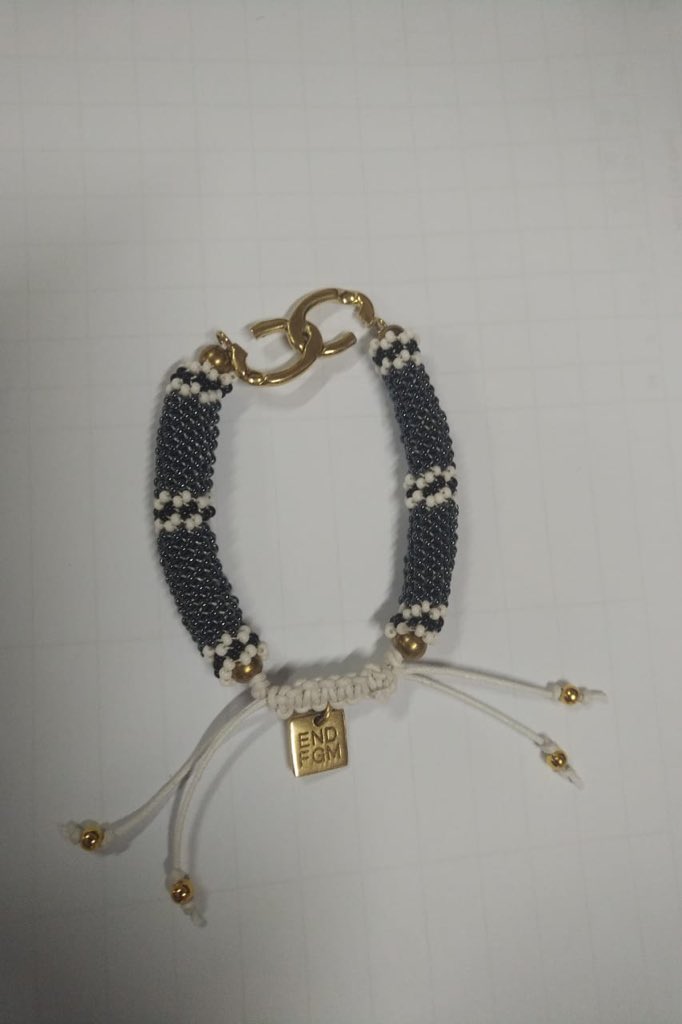
More than 200 women beadmakers drawn from FGM hotspot counties including Narok, Kajiado, Samburu, West Pokot, Marsabit and Baringo gathered at the colorful ceremony to celebrate the official kick-off of the socio-economic enterprise. Under the Johari Beads Initiative, the women receive support through training on the production of beadwork that meets the global market standards, as well as starting capital in the form of beads and other bead-making supplies donated by UNFPA and partners.
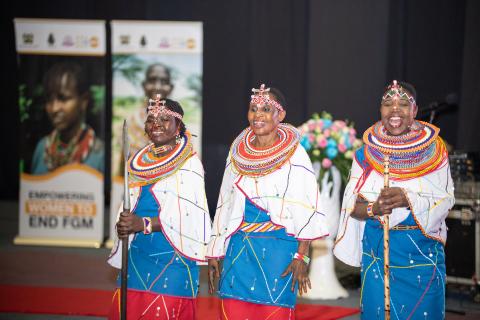
socio-economic enterprise at the KICC, Nairobi
“The market scope study has provided real-time data to the women on the available market for the beads and will help to increase their market access, end poverty, and raise local and global awareness on ending FGM,” said Amb. Amina Mohamed, Cabinet Secretary, Ministry of Sports, Culture and Heritage.
Since the launch of the initiative, more than 5,000 women working through 60 cooperatives have benefitted from beadwork training and support in marketing of their products. Ushanga Kenya Initiative Chairperson, Hellen Nkaiserry, noted that the initiative had not only uplifted the women economically, but also amplified their voices in the community regarding the fight against FGM.
“We are proud to partner with the Government of Kenya in support of the eradication of FGM through the enhancement of women’s earning power which in turn reduces their vulnerability to harmful practices such as FGM,” said UNFPA, Representative Dr. Ademola Olajide. “The Johari Beads Initiative is an economically viable and sustainable venture that will have an impact on the long-term well-being of women and girls.”

